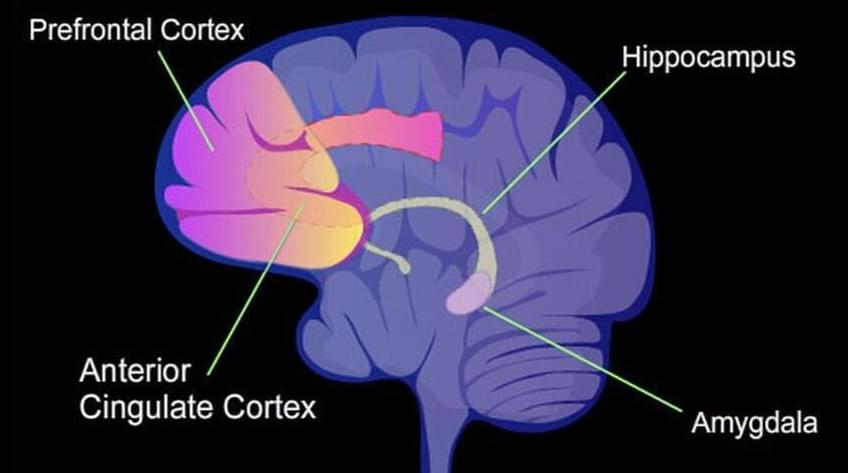A new neuroimaging study showed that people suffering from posttraumatic stress disorder (PTSD) exhibited increased activation in the amygdala region of the brain when shown surprised and neutral facial expressions. The same phenomenon was observed in identical twins of these individuals who did not suffer from PTSD.
The study, which was published in the Journal of Psychiatric Research, sheds new light on the neural mechanisms underlying the development of PTSD.
PTSD is a condition that develops in approximately 20% of individuals exposed to psychological trauma in their lifetime. It is defined by wide clusters of symptoms that include intrusive memories, negative alterations in mood, heightened levels of arousal, and other symptoms. Currently, there are many treatment options available for PTSD; however, for some patients, the treatments offered do not provide clinical relief.










Comments are closed.